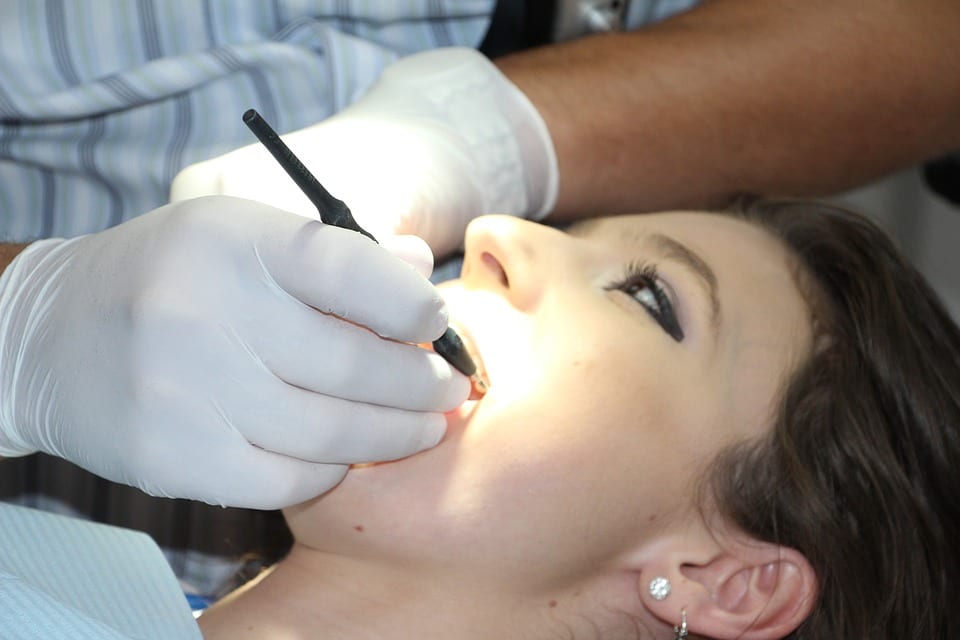Using activated charcoal as a “detoxifier” has been gaining steam among health fanatics since 2016 – you can find it it everything from lattes to ice cream, and even some French pastries – but like other hot, Instagram-worthy trends, a recent study shows that it can do more harm than good.
Though the demand for charcoal toothpaste has been increasing in the US, UK, and Australia, recent research should have people questioning whether whiter teeth and “fewer impurities” are worth the cost of increased tooth decay and staining.
Or even really a real thing at all.

Image Credit: Pixabay
In fact, the researchers call charcoal toothpaste “a fashionable, marketing gimmick,” since none of the supposed benefits – tooth whitening, detoxification, antibacterial or antiseptic properties, remineralization, strengthening, tooth fortification, or antifungal properties – have been proven to be the least bit true.
“This ‘scientifically claimed until proved wrong’ approach is favored over substantiated, evidence-based promotion,” said the paper.
https://www.instagram.com/p/Bx32ikvgKA9/
Charcoal toothpastes also don’t contain fluoride, a key ingredient in preventing tooth decay and remineralizing teeth to, you know, actually make them stronger.
There are other ways charcoal toothpaste could actually harm your teeth, like the fact that it is much more abrasive than regular toothpaste, which means it’s more prone to damaging enamel and gums.

Image Credit: Pixabay
Which is all to say, charcoal toothpastes do nothing to improve your oral health, and using them could actually have the opposite effect.
Best to keep on keeping on, Crest kids, if you want to keep your teeth as healthy and white as aging allows!






